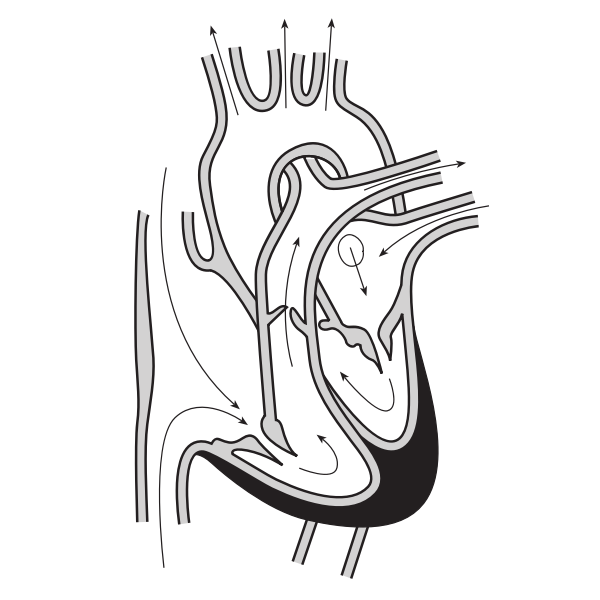How to communicate and connect sustainably through technologies? How do they help to stage, organise, mediate and enable care in our daily lives? In which way does their usage influence the way we express and share care? How do they impact our ways to relate and how to tame their pervasive effects on our mental health?
During Cheerful Weaves, I would like to reflect together on the co-dependency we hold with the many mediated channels bridging our connections and communities. Technologies in fact refer to the ways human, nonhuman bodies, and lives are entangled.
Following a materialistic perspective on this co-dependency allows us to acknowledge how technology and the body are interdependent and inextricable; the former always being "embodied", while the latter always "technologically invested" (Jacques Deridda, Donna Haraway). Queer theories and transgender studies contextualised this relation also through the term of "somatechnics", considering the body and corporality as bound up with technologies, techniques, and technics: these being not something we add or apply to the already constituted body (as object), nor being tools that the embodied self employs to its own ends. Rather, technés are the dynamic means in and through which corporealities are crafted; that is, continuously engendered in relation to others and to a world" (Sullivan). The human emerges thus from a relationship with technology, in a process of fulfillment of a lacking essence: humans are "neotenic" beings, essentially incomplete; formed or educated only through technical prostheses (Bernard Stiegler). If we reckon technologies as both products of human creativity and forces shaping human existence, they can be regarded as determinative of our human experience, though not deterministic. This relation between corporality and technicality is therefore marked by principles of "intimacy and intrusion" (Rosi Braidotti), and the role of the "technical" is a constitutive feature for the human, not only as a supplement or as "means", rather as a very "end".
In granting possibilities to relate, technology results as a "mode of existence", indispensable for everything that matters, and so fundamentally political. Which connections out of the neoliberal digitized economy, do not appropriate and commodify the generative potentials released from the human and nonhuman bodies?
In order to access a group exchange in a performative dynamic, I wish to explore ourselves and our close relationship to technologies through the usage of long-based communication devices in situ, more particularly through walkie-talkies. I would like to experiment with forms of non-linear dialogues, interacting ecologically through the spaces of Libken, while in motion and at distance from one another. Recent times amplified our dependence on technologies, helping us to keep in "touch" while being physically distanced. This showed nevertheless, how an overreliance on virtual communications has direct effects on our attention, our mental health, and the very capacity to be communicative.
When bodies don't interact through proximity in space, how to be careful and "response-able" in the way we overcome distance through mediated channels? How can we embody intimacy although disjoined physically? When interfacing our daily lives with technology in order to connect and be connected, what challenges are posed by the ever-growing consumption of signs and the contradictory and alienating mechanisms of the virtual representations of our identities?
I would like to tackle these topics also through the orchestration of a small selection of readings, from authors who researched the interrelation of care and technology. It can be interesting to try to stimulate an exchange on these lectures being disseminated in space and through mediated feedbacks.
